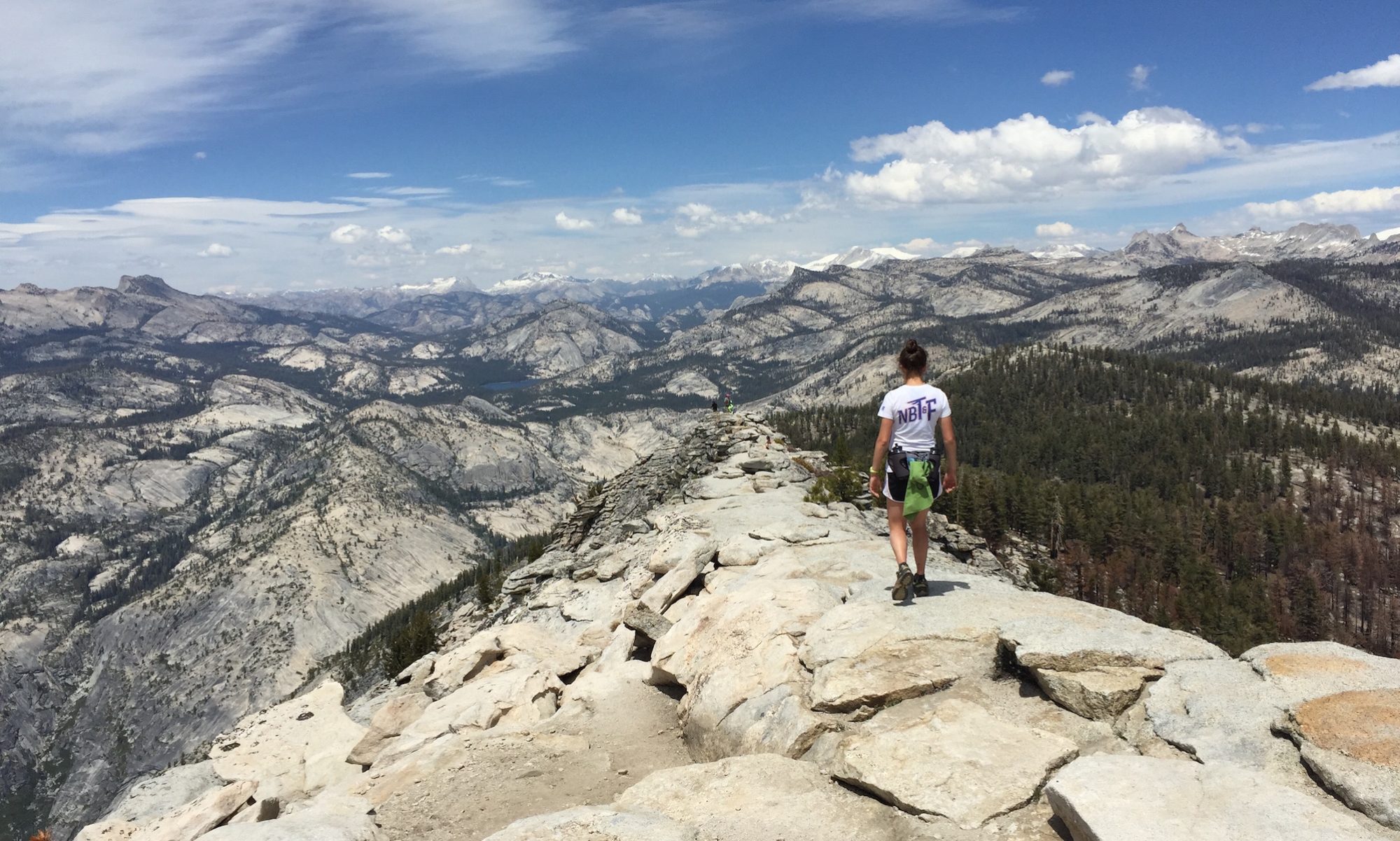She arrived, in tears, just as class was about to start. “It’s been a rough day,” she said. The government is moving in on Standing Rock. Clearing the camp. Making way for the pipeline. Buzzfeed had a live feed. Several people arrested. At least one person injured. The choppy feed showed muddy expanses, melting snow, and a line of veterans who came from across the country to help defend a sacred space from a pipeline.
Open on the Edges and in the Middle

Yesterday Steve Greenlaw ( @stevegreenla ) asked me why a “typical faculty member” who teaches and pursues their own research might get involved in Open Education. His question was a tad disingenuous, of course. We know that the “typical” faculty member is as much a fiction as the typical student. But his invitation to explain why I continue to explore and embrace various modalities of open learning is one I am happy to accept.
The Costs of Victory
Winning the Great Patriotic War: The Soviet Union in World War II
Montgomery County Public School Teachers’ Workshop, November 3, 2015
Featured Resources:
The Fallen of World War II – by Neil Halloran. Both understated and stunning, this animated, data-driven documentary looks at the human cost of the second World War. The cinematic story-telling technique of this data visualization brings the staggering complexity of the war’s casualties into focus in unexpected and illuminating ways.
Seventeen Moments in Soviet History – Archive of primary sources developed by Lewis Siegelbaum (Michigan State University) and James Von Geldern (Macalester College) in 2002. I joined the editorial team as web director and content curator in 2015. This rich multi-media repository includes texts, images, video, and music. The site is designed as a window on the Soviet experience as ordinary people made and experienced it. The materials are organized chronologically and thematically. A short subject essay introduces the user to the materials on a particular topic. All of the modules in 1943 (as well as many in 1939 and 1947) relate to the war in some fashion.
Victory Day 70 — Interactive multi-media website developed by RT (Russia Today — a state-funded television network broadcasting in English, Arabic and Spanish outside the Russian Federation). Developed for the seventieth anniversary of the Allied Victory in Europe in May 2015, this site presents many beautifully-produced resources relating to the Soviet war experience to English-speaking audiences. Materials high school students will find especially compelling include oral histories with Soviet veterans and their children, an interactive documentary map, and a dynamic timeline of the Eastern Front, as well as posters, songs and key speeches from the war. (Site works best in Chrome.)
Other Gems:
Restored film of Victory Day Parade, Red Square, Moscow June 24, 1945
The Battle of Russia from Frank Capra’s Why We Fight series
Gremlins in the Kremlin, Robert Clampett / Warner Brothers, 1944
And One Book:
Geoffrey Roberts, Victory at Stalingrad. The Battle that Changed History (2002)
ALTFest@VCU
 I savored every moment of the first ALTFest at Virginia Commonwealth University this week. From the first afternoon’s “unconference” ALTCamp to the final showcase lunch, opportunities for interaction, experimentation and engagement abounded. Indeed after Mimi Ito’s wonderfully interactive keynote there were so many synchronous sessions and activities; my only complaint is that I couldn’t take advantage of all of them!
I savored every moment of the first ALTFest at Virginia Commonwealth University this week. From the first afternoon’s “unconference” ALTCamp to the final showcase lunch, opportunities for interaction, experimentation and engagement abounded. Indeed after Mimi Ito’s wonderfully interactive keynote there were so many synchronous sessions and activities; my only complaint is that I couldn’t take advantage of all of them!
The session I most regret not being able to clone myself for was the hackjam devoted to interrogating and reimagining “the syllabus.” What is a syllabus anyway? A descriptive overview? A schedule? A contract? All of the above? So, a big shout out to Jon Becker for his post about the highlights of the hackjam that includes so many cool examples of what a syllabus might be and might inspire…. I don’t even know where to start poaching as I start developing the syllabus for the newly networked course on Soviet culture I’ll be teaching in the fall. Continue reading “ALTFest@VCU”
